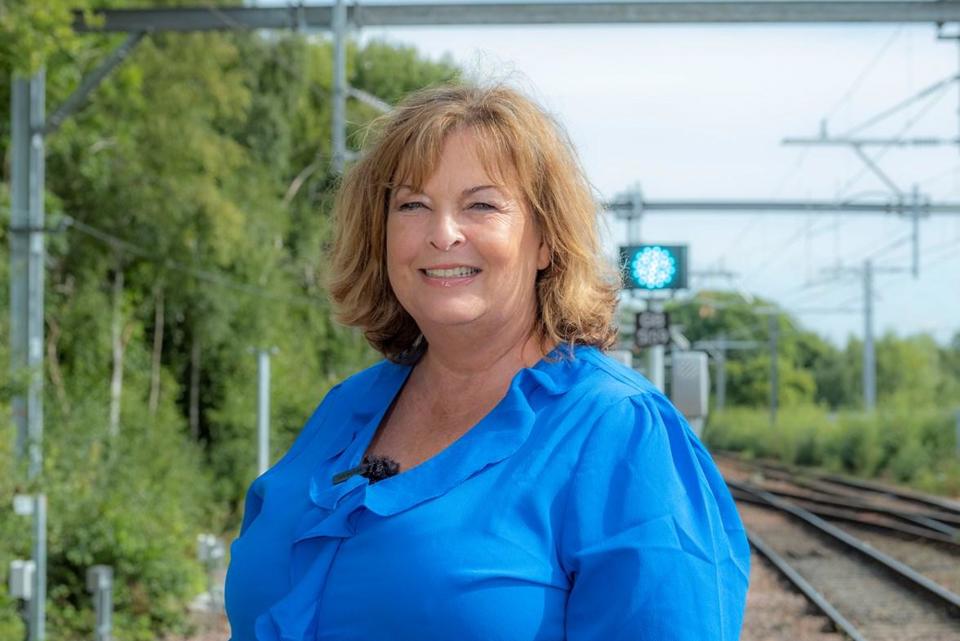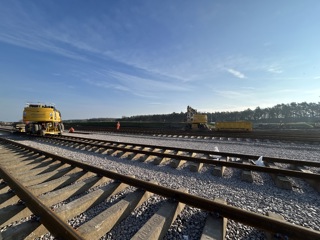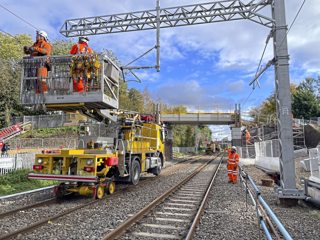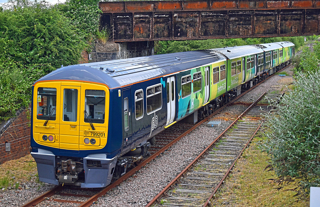Peak fares will be reinstated on ScotRail services from September 30, after ministers announced that passenger numbers had not increased enough to make an all-day off-peak trial permanent.
Commuters on Scotland’s publicly operated national network have been able to travel with off-peak tickets at peak times since October 2023, when an initial six-month trial began. This was then extended twice for two three-month periods.
Peak fares will be reinstated on ScotRail services from September 30, after ministers announced that passenger numbers had not increased enough to make an all-day off-peak trial permanent.
Commuters on Scotland’s publicly operated national network have been able to travel with off-peak tickets at peak times since October 2023, when an initial six-month trial began. This was then extended twice for two three-month periods.
Now a Transport Scotland report has concluded that demand for rail travel was 6.8% higher than it would have been without the trial - representing four million extra rail journeys over nine months, of which two million would previously have been made by private car. Most of the extra journeys were made by existing rail users.
Scottish Transport Secretary Fiona Hyslop said a 10% rise in passenger volumes would have been required “for the policy to be self-financing”.
She added: “The pilot will have been welcome in saving many passengers hundreds and in some cases thousands of pounds during the cost-of-living crisis. But this level of subsidy cannot continue in the current financial climate on that measure alone.”
Scottish Green transport spokesman Mark Ruskell called the decision “a hammer blow to the many workers all over Scotland”.
His Labour counterpart Alex Rowley suggested that unreliable rail services had undermined the pilot.
“That there has been a 6.8% increase in rail users during the period of the peak fare suspension is nothing short of incredible, when you consider the impact the SNP’s mismanagement has had on rail services,” he said.
Two surveys carried out by Transport Scotland found that 80% of respondents were making more trips by rail, with three-quarters of these suggesting that the primary reason for this was the peak fares removal pilot.
The average saving was 17%, but passengers on particular routes - especially in Scotland’s Central Belt - made bigger savings. When the trial ends, the cost of commuting at peak times between Edinburgh and Glasgow is set to rise from £16.20 to £31.40 - a 94% increase.
Drivers’ union ASLEF, which pressed for scrapping peak fares prior to the trial, condemned the move.
“Incentivising people to make the modal shift from road to rail travel will take years of investment to make rail travel affordable and attractive,” said Jim Baxter, the union’s executive member for Scotland.
“To assess this in less than a year is short-sighted and speaks to a government that is not serious about meeting its own climate targets.”
The Transport Scotland report concluded that the trial had generated a benefit of between £1 and £1.25 for every £1 spent. But removing peak fares would cost the Scottish Government an estimated £25 million to £30m per year in additional subsidy, with the most pessimistic projection putting the cost at £40m. This includes both the net loss of revenue and additional costs incurred by ScotRail.
Hyslop acknowledged that although the pilot “primarily benefited existing train passengers and those with medium to higher incomes”, there was “a significant minority of people who cannot choose when they travel to and from work” who would now lose out.
In response to this, she announced a new flexi-pass through which 12 journeys could be bought for the price of ten, as well as the reintroduction of Super Off-Peak tickets.
But Scottish Conservative transport spokesman Graham Simpson argued: “Introducing confusing season ticket and multi-ticket deals is no compensation for removing something that should have been made permanent.
“The Scottish government should have done far more to promote the peak fare removal. In the end, it should never have been mere numbers, but having a rail system and fare system that is fair and affordable.”
Login to continue reading
Or register with RAIL to keep up-to-date with the latest news, insight and opinion.


















Login to comment
Comments
No comments have been made yet.